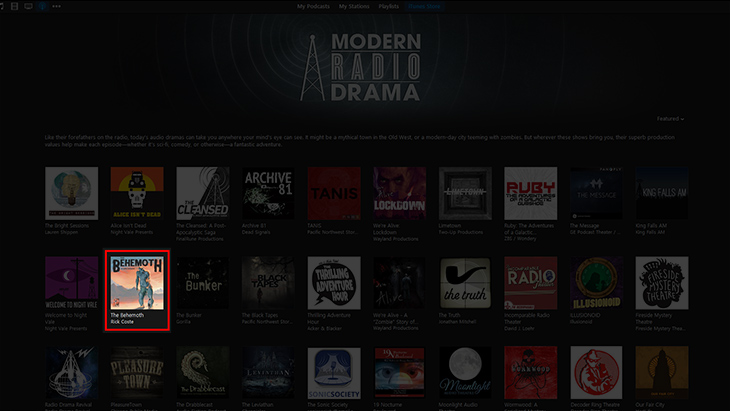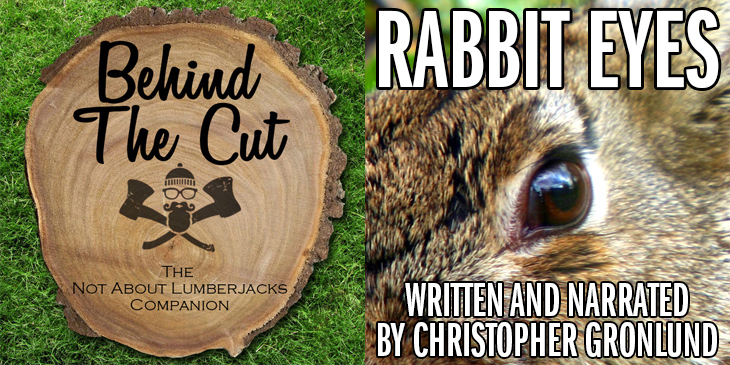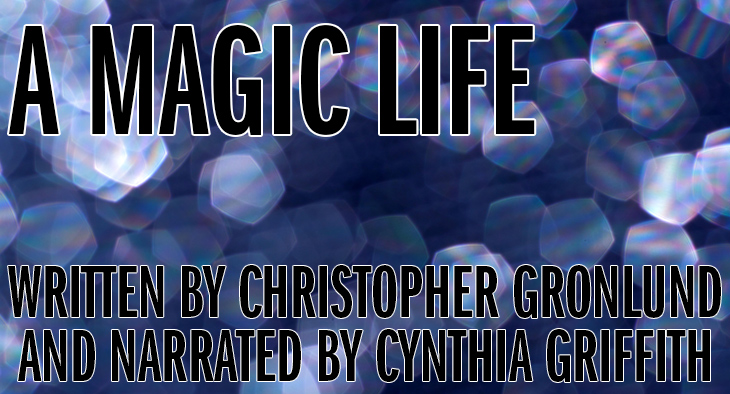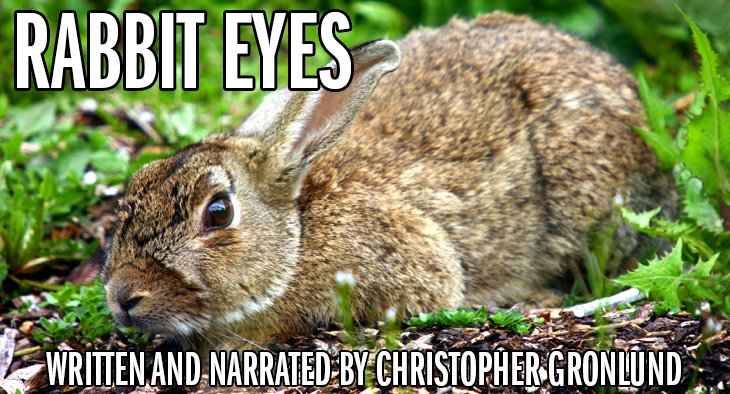 When she was 18 — for her high school graduation — Maddy was given a pocket watch by her grandfather…along with the warning that it does more than just tell time.
When she was 18 — for her high school graduation — Maddy was given a pocket watch by her grandfather…along with the warning that it does more than just tell time.
Eighteen years later, she uses the button on the watch her grandfather told her to use with caution. What happens after clicking the button changes the lives of Maddy and her husband, Aaron.
A heartfelt tale about time and love…and the effect the two things have on us all…
Content Advisory: Swearing, sudden onset of cancer, death of a spouse, self doubt.
* * *
Credits:
Music: Ergo Phizmiz and Christopher Costanza
Story and Narration: Cynthia Griffith and Christopher Gronlund
Podcast: Play in new window | Download
Subscribe: RSS










